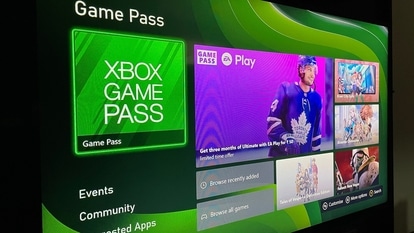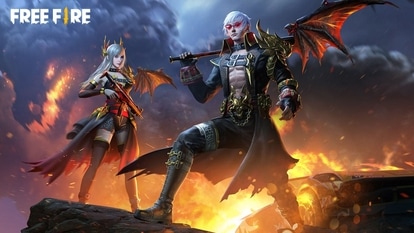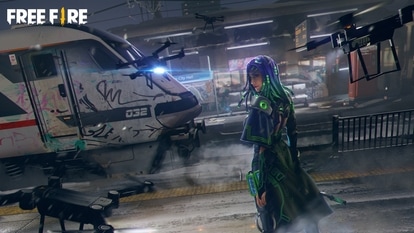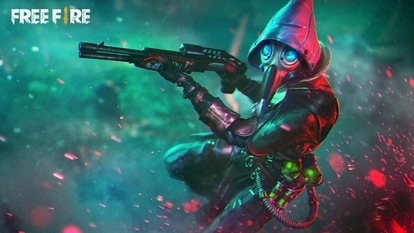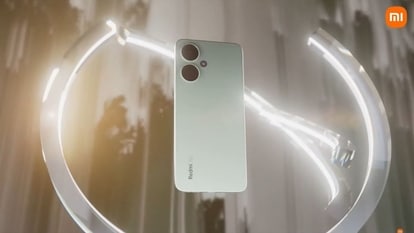Inside a new era for Microsoft — and the gaming industry in 2024
Months after acquiring Activision Blizzard in the highest-priced video game deal ever, Microsoft laid off 1,900 gaming division workers this week. On today’s Big Take podcast, Bloomberg’s Jason Schreier gives us the latest.

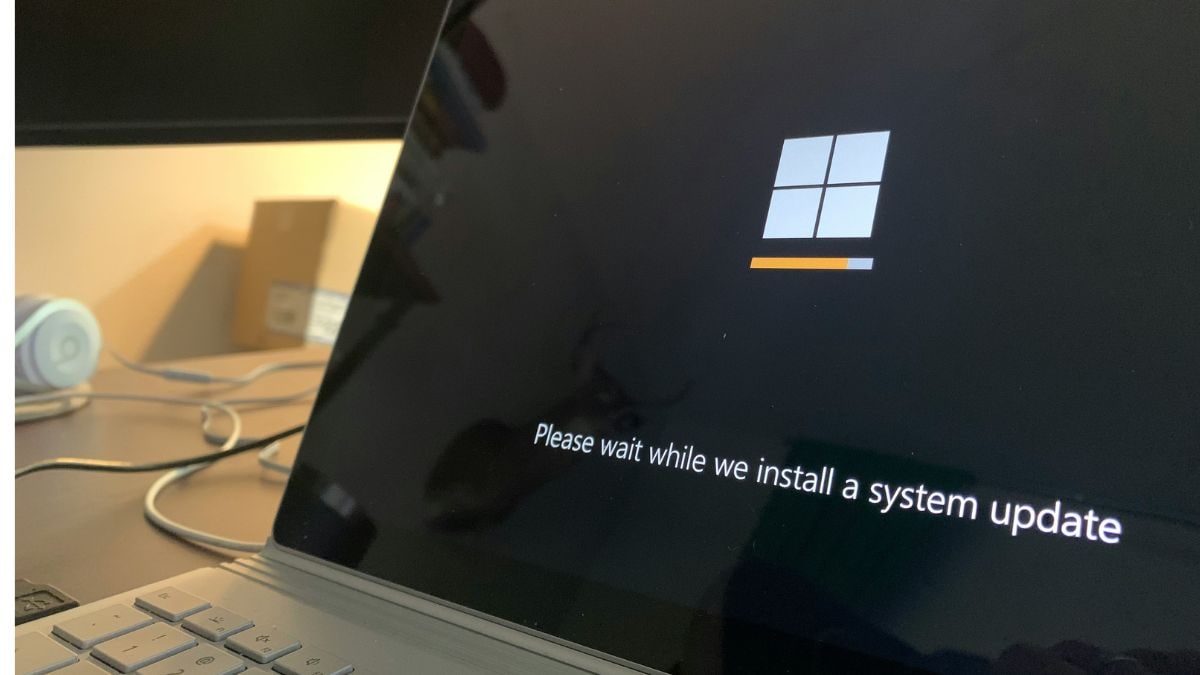
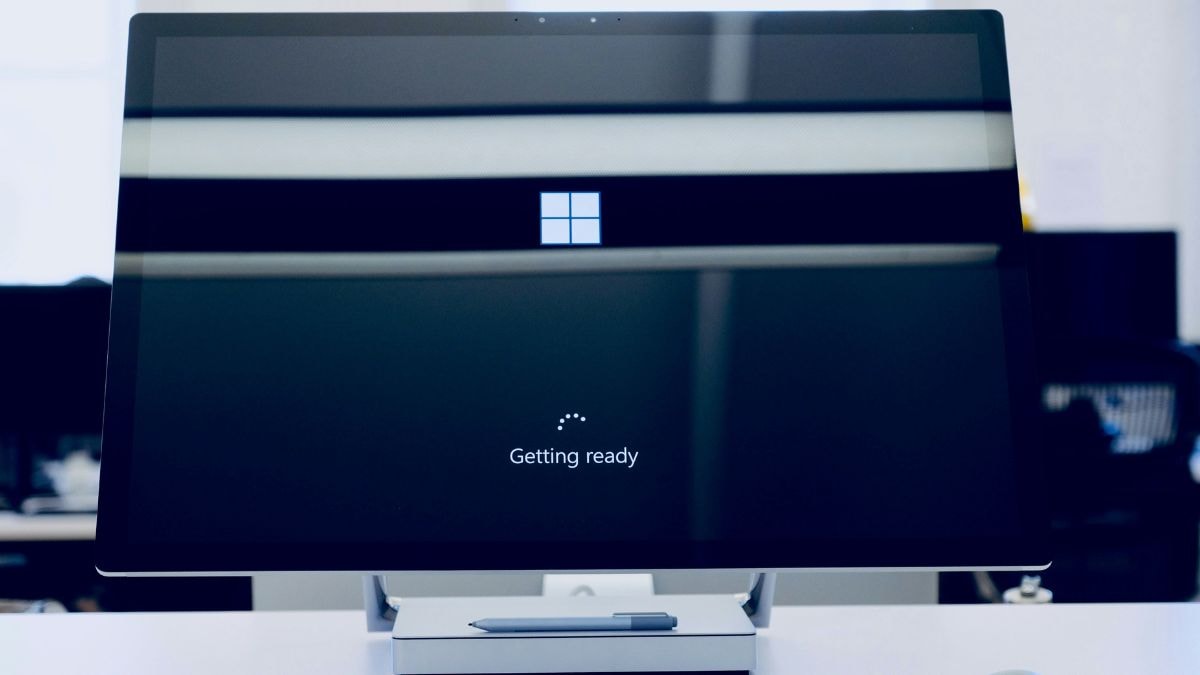
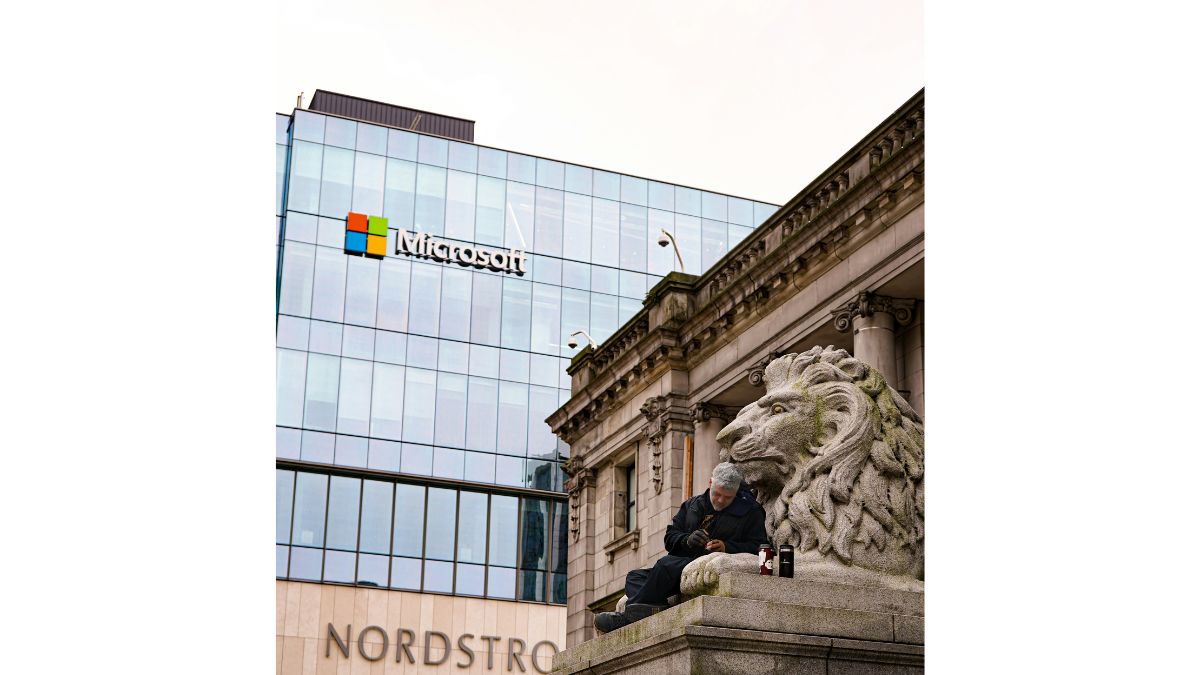
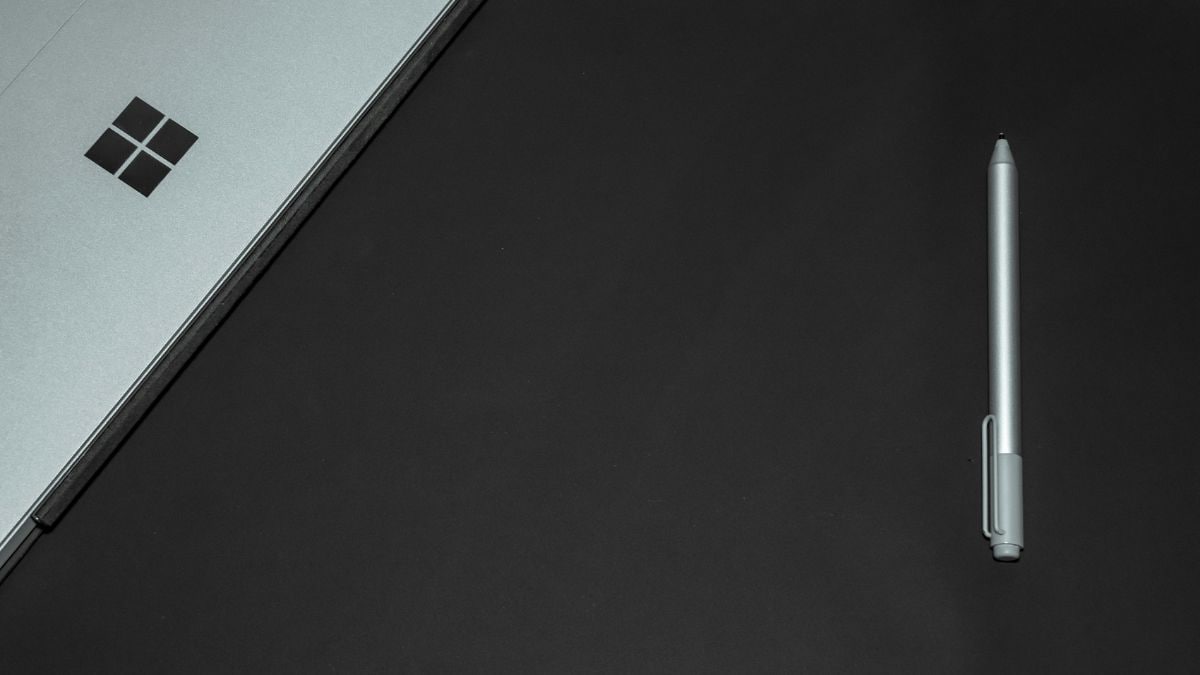
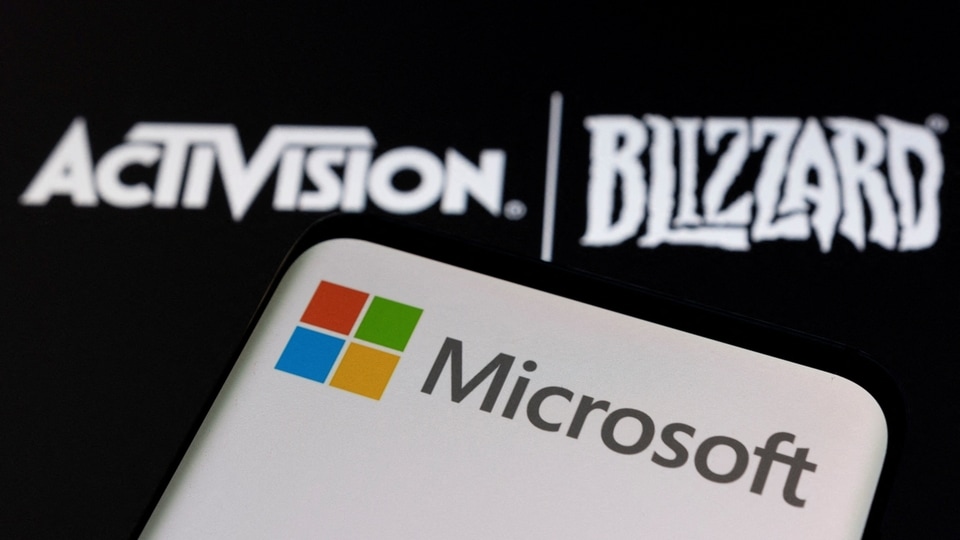
 View all Images
View all ImagesMicrosoft recently cut 1,900 jobs from its gaming division and among the layoffs were many at the recently acquired video game developer Activision Blizzard. Blizzard Entertainment's President Mike Ybarra and co-founder Allen Adham are both departing. The tech giant also announced the cancellation of a Blizzard game, called “Odyssey,” that was already six years in development. On Tuesday, Microsoft reported quarterly earnings, posting its strongest revenue growth since 2022.
Jason Schreier, the creator of Bloomberg's Game On newsletter, shares the latest on Microsoft's moves, and offers some predictions about larger trends for the gaming industry to watch for this year.
Here is a lightly edited transcript of the conversation:
Sarah Holder: Last October, Microsoft completed the acquisition of video game developer Activision Blizzard for $69 billion. Activision Blizzard is the home of World of Warcraft, Diablo and Candy Crush, and the deal was a record purchase price for the video game industry. It was also the largest single acquisition by Microsoft in the company's history.
At the time of the deal, Microsoft became the third-largest gaming company by revenue in the world and touted its growth potential, particularly in mobile gaming. Activision Blizzard CEO Bobby Kotick echoed these sentiments on Bloomberg TV:
Bobby Kotick: I think there were a lot, a lot of great reasons for this merger. Mobile is an important part, and so building this much larger audience of players is something that I think Microsoft will continue to develop and enhance, and we're really excited about the future of gaming as a result.
Sarah Holder: Fast forward to last week, when Microsoft announced it was laying off 1,900 employees in its gaming division, mostly from Activision Blizzard. Yesterday, it announced that Blizzard Entertainment, a subsidiary of Activision Blizzard, would have a new president: Johanna Faries. She's a former NFL executive who had led the Call of Duty eSports division of Activision from 2018 to 2021 and then became GM of the franchise.
These changes reflect a remarkable transformation in a short period of time. So, what happened? Today on the show, we called Jason Schreier, a Bloomberg News reporter and creator of Game On, Bloomberg's gaming newsletter, to find out.
This is the Big Take, from Bloomberg News. I'm Sarah Holder.
Jason Schreier: It all deflated last week, essentially, when this started hitting, and so what happened was I believe it was Thursday morning, news got out, and the news didn't get out through people finding out whether or not they lost their jobs. It got out through a company wide email, first from Xbox boss Phil Spencer, and then also from kind of the division heads within each company.
And it was, uh, given to a few press outlets at the same time as it went to the staff. So it got public at the same time and suddenly everyone — it was just chaos and confusion because people knew there were cuts happening, but they didn't know if they were going to be hit.
A lot of people were asking me, “Hey Jason, have you heard anything? Like, do you know teams have been impacted, which people are getting cut?” Which was really, um, just kind of devastating.
Sarah Holder: This is the company that Microsoft just acquired this fall, right?
Jason Schreier: Yes, so the history here is that Activision Blizzard was a big publicly traded company, and Microsoft purchased them for $69 billion. And it was a long, slow process for them actually closing the deal, but it closed in October.
Sarah Holder: And you've been there to follow sort of the optimism at the beginning of this acquisition all the way to the disappointing news last week. What happened?
Jason Schreier: So Blizzard is the maker of Warcraft and Overwatch and Diablo, and they are kind of a subsidiary of Activision Blizzard. And they have a long and storied history, have been through a lot of corporate owners over the years, and a lot of people there were really unhappy under Activision, and Activision CEO Bobby Kotick and his C-suite for a variety of reasons, there was a lot of kind of corporate interference from them, a lot of policies came down the pipe that they were not happy with. And this is just a few weeks after the Microsoft acquisition.
Microsoft is coming in, they're saying the right things: Phil Spencer, the boss of Xbox, Microsoft's gaming unit, comes out and he says, “Hey, we want to retain what makes Blizzard great. We want to keep that magic going. We want to let you guys have your independence.” So people really were thrilled. They were like, “Wow, this is exactly what we want to hear. Finally, we have a new owner who gets it.” One important part of this whole equation is that as part of Activision Blizzard, the publicly traded company, if Blizzard delayed a game, which it often does, it is known to do quite a lot, that would affect the stock price. That would need to be explained to the board of directors.
Whereas now, under a much bigger company in Microsoft, if Blizzard delays a game, I mean, that's not impacting Microsoft's stock. That is not having a material impact on them. So, it gave Blizzard people a lot of hope that they would be able to kind of maintain that autonomy, be able to delay games, be able to focus on creativity over the kind of predictable schedules that Activision was pushing for.
Sarah Holder: Right. One of the most disappointing things to people was that Blizzard announced it was cancelling this project called Odyssey that was six years in the making. Can you say more about the fate of that game?
Jason Schreier: I think that game had been kind of in a little bit of danger recently with or without the Microsoft acquisition, and this is kind of ripping a Band-Aid off. And yeah, it's just, it's especially disappointing because Blizzard has largely focused on a few of its biggest franchises, Diablo and Overwatch and Warcraft, and this was its stab at making a brand new franchise for the first time in a while.
And so I think people were really excited about that and now they're a little bit worried that it'll be like, oh, okay, now you just have to focus on the big billion-dollar franchises we already have without leaving as much room for creativity.
Sarah Holder: After the break, Jason shares his 2024 predictions for the gaming industry, including another fight ahead and a potentially surprising new player.
Sarah Holder: We're back. We've been talking to Jason Schreier who writes Bloomberg's newsletter Game on, which dives deep into the video game industry. This month he wrote about another industry trend to watch out for this year: unionization efforts.
Sarah Holder: Given all this turmoil in the industry, you mentioned looking ahead to 2024 that the unionization effort in the video game industry could begin “for real.” And you pointed specifically to Microsoft as a flashpoint in building worker power. Do these layoffs help accelerate that labor movement?
Jason Schreier: As part of this acquisition process, they actually came out and they said, hey, we have signed a deal, an arrangement with the, uh, with labor unions saying that we are going to agree to a neutrality agreement where we promise we will not interfere with any potential unionization efforts, in direct contrast to Activision Blizzard, which before the acquisition had been really clamping down on union efforts,
Um, and so, yeah, Microsoft has said that and that I think gave some people some hope that like, hey, if we try to do this here, maybe we won't have as much resistance as we might have as at other companies.
Sarah Holder: That's interesting. Microsoft presented itself as perhaps more labor-friendly than Activision Blizzard, uh, but who knows how that will play out after these layoffs...
Jason Schreier: Yeah we don't know. I mean, Microsoft has a long history of not being labor-friendly, so we'll see how that goes. But yes, they certainly, uh, agreed to, and it is a legally binding agreement that they said that they signed and, are going to be held to, um, as far as neutrality.
Sarah Holder: You also predicted that this year will bring more consolidation of the industry. It's something you're watching out for. Can you help us understand what that consolidation could look like?
Jason Schreier: I think the video game industry has followed a pattern where there are some indie companies that have found success and found big hits. And then there are some big companies that have found success and found big hits. And then in the middle, it's just getting carved out for consolidation.
And so I wouldn't be shocked to see a company like Ubisoft or EA, which are kind of big, publicly traded companies, but aren't quite hitting that at the same level as some of their peers. I could see those guys getting swallowed up by other companies, perhaps some of the tech giants, the Amazons and Googles of the world, or even companies in China or Saudi Arabia.
Saudi Arabia especially is going to be a buyer out there. And so, yeah, we're watching a lot of that stuff and watching for more consolidation as the middle kind of gets carved out.
Sarah Holder: You mentioned Saudi Arabia. I was so fascinated by their potential entrance or expansion in the video game market. Can you say more about why they'd be interested in that space and what that might look like?
Jason Schreier: Saudi Arabia's 2030 vision plan that they've been talking about, which involves a variety of industries, they are trying to do two things. They're trying to move away from oil and they're trying to boost their public reputation, in the world's eyes.
And to do that, they are entering a bunch of industries. We've seen them make big plays in the sports world, and we've seen them dive into eSports, to competitive gaming. And we're seeing them in the video game industry. They recently bought a big company called Scopely, which is a mobile games company that made a popular game called Monopoly GO that has been a big hit on mobile platforms.
And I think they're out there looking for other potential deals as well.
Sarah Holder: So I want to close on other sort of big picture predictions you might have for the video game industry in 2024. Looking ahead, what else do you see coming?
Jason Schreier: Yeah, I mean, one of this year's biggest trends is going to be new hardware from Nintendo and I think a lot of people have their eyes on that, are curious to see what the successor to the Nintendo Switch looks like because the Switch was such a popular console, sold so many units and is just beloved by players.
And so to see what Nintendo has in the pipe to kind of follow up on that, it has a lot of people really curious because, if it's a hit, that'll be really good news all around. If game developers can get their products on there and be just as successful as with the original Switch, I think that'll be good news. And if this thing is, is kind of underwhelming, overpriced, whatever it is. I think that could be a catastrophe for the industry at large. So I think that's one big trend that we're looking out for this year as far as the gaming industry goes.
Also read other top stories today:
AI Summit! With more than 5 million programmers, India is emerging as one of the largest pools of AI talent for startups and global businesses. Read all about it here. Found it interesting? Go on, and share it with everyone you know.
Falling Apple? Apple CEO Tim Cook has never faced these many uncertainties at the same time. Dive in here. If you enjoyed reading this article, please forward it to your friends and family.
AI push! Facebook owner Meta Platforms plans to deploy into its data centers this year a new version of a custom chip. Know what Meta is looking to do to beat rivals in the AI segment. Dive in here. Found it interesting? Go on, and share it with everyone you know.
Catch all the Latest Tech News, Mobile News, Laptop News, Gaming news, Wearables News , How To News, also keep up with us on Whatsapp channel,Twitter, Facebook, Google News, and Instagram. For our latest videos, subscribe to our YouTube channel.

















